Looking for whole house water filtration in Charlotte NC or water filtration systems in Mooresville NC? Discover why a water treatment specialist at Artisanal Water Solutions is your best choice.
Whole house filter

Whole House Water Filtration Charlotte NC: Why a Water Treatment Specialist Is Your Best Choice
- February 15, 2026
- No Comments

Why Contaminant-Focused Water Filtration Matters in Charlotte, Huntersville & Mooresville
- February 8, 2026
- No Comments
Most water systems focus on softness and taste—but what about harmful contaminants? Learn why homeowners in Charlotte, Huntersville, and Mooresville are choosing filtration solutions designed for health, not just aesthetics.

Top 3 Things to Watch Out for When Buying Water Filtration Systems
- December 22, 2025
- No Comments
Considering whole-house water filtration in Charlotte or Lake Norman? Learn the top three sales tactics homeowners should watch out for before choosing filtration, softening, or reverse osmosis systems.

Best Water Filtration Systems for Charlotte & Lake Norman Homes: Whole-House & RO Guide
- October 27, 2025
- No Comments
Looking for the Best Water Filtration Systems in Charlotte & Lake Norman?
If you’re shopping for a whole-house water filter or reverse osmosis (RO) system in the Charlotte and Lake Norman areas, it helps to understand your options. Homeowners here can choose from online retailers, local plumbing companies, national franchise dealers, or independent, family-owned water treatment specialists. Each option has pros, cons, and local considerations, from installation and maintenance to system customization and water-quality testing.
For those seeking custom solutions designed for Charlotte-area water and Lake Norman homes, a Cornelius-based, family-owned company like Artisanal Water Solutions can provide personalized service, local expertise, and long-term support. Whether your home has well water, older plumbing, or unique contaminant concerns, working with a local expert ensures your system is tailored for the water you actually have.

Do You Need Whole-House Reverse Osmosis? A Guide for Charlotte, NC Homeowners
- June 9, 2025
- No Comments
Considering a whole-house reverse osmosis system in Charlotte, NC? Learn why these systems may not always be the right fit for your water treatment needs. Discover the complexities of true RO systems, including water volume requirements, prefiltration, storage, and maintenance. Explore cost-effective alternatives tailored to Charlotte’s water quality for clean and safe water throughout your home.”

The Importance of Contaminant-Free Drinking Water for Older Adults in the Lake Norman Area
- June 2, 2025
- No Comments
As we age, our bodies become more susceptible to environmental factors, including the contaminants in our water. For older adults in Lake Norman NC, clean, contaminant-free drinking water is essential for maintaining overall health and well-being. From reducing the risks of cardiovascular disease and cognitive decline to preventing dehydration and urinary tract infections, high-quality water plays a crucial role in supporting aging bodies.
Advanced water filtration systems, such as reverse osmosis and whole-house filtration, can provide peace of mind and significant health benefits.

Hydration Tips for a Healthier You in Charlotte, NC: The Role of Reverse Osmosis and Whole House Filtration
- May 26, 2025
- No Comments
Discover how Charlotte, NC residents can stay hydrated and healthy with clean, safe water. From battling the summer heat to enjoying outdoor activities, hydration is essential—but so is water quality. Learn how reverse osmosis and whole house filtration systems can remove contaminants and provide pure water for drinking, bathing, and everyday use. Upgrade your hydration routine and ensure your family thrives with these practical tips tailored for the Queen City.

The Best Whole House Water Filters in Charlotte: Choosing the Right One for Your Home
- May 19, 2025
- No Comments
Discover the best whole house water filters in Charlotte for clean, safe water throughout your home. From activated carbon filters to UV purification systems, learn how each type addresses specific water quality issues. Find out why consulting a professional ensures you choose the perfect system for your local water conditions. Read more to protect your health and home!
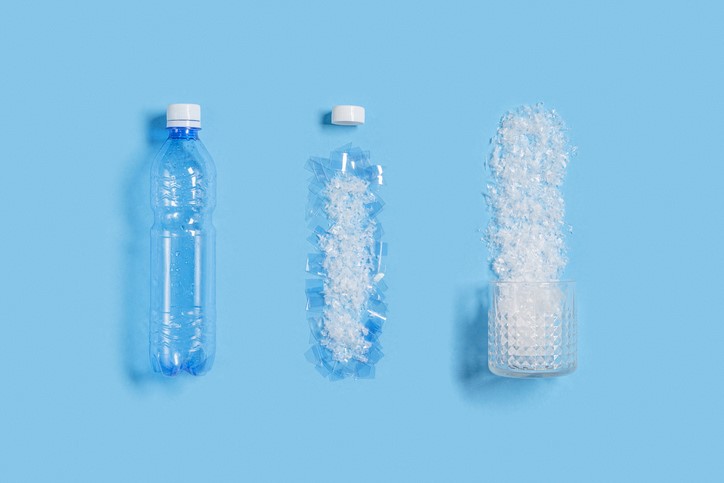
Microplastics in Bottled Water: Why It’s Time to Ditch the Bottle for a Home Filtration System
- April 14, 2025
- No Comments
Are you considering a whole house filtration system but unsure if you also need a reverse osmosis system for your drinking water? In this article, we break down the differences between working water and drinking water, explain the importance of certified testing, and help you decide if you need both filtration solutions to ensure clean, safe water throughout your home. Discover how to make the best choice for your water quality needs.

Do I Need a Reverse Osmosis System if I Install a Whole House Filtration System?
- April 7, 2025
- No Comments
Are you considering a whole house filtration system but unsure if you also need a reverse osmosis system for your drinking water? In this article, we break down the differences between working water and drinking water, explain the importance of certified testing, and help you decide if you need both filtration solutions to ensure clean, safe water throughout your home. Discover how to make the best choice for your water quality needs.
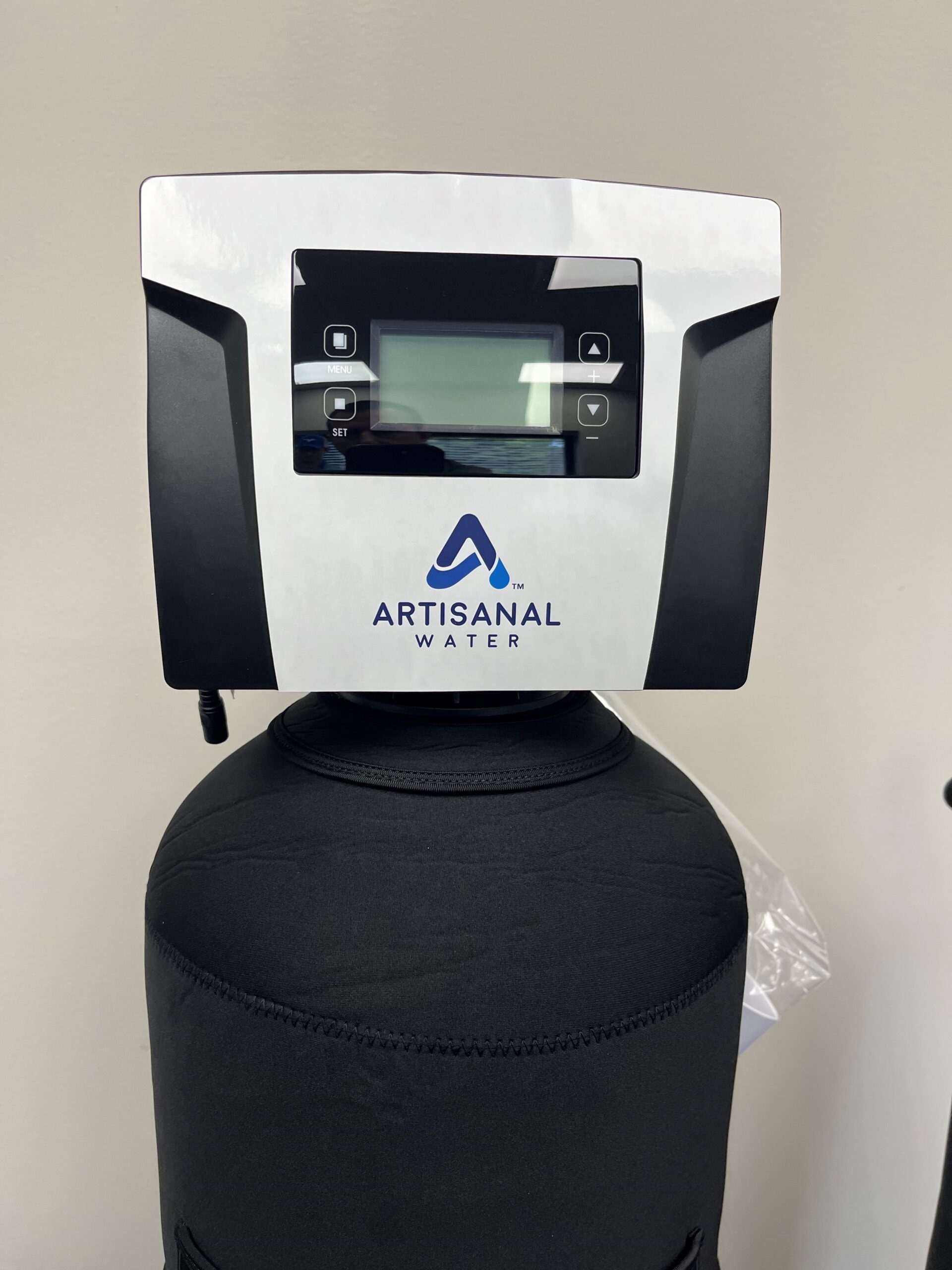
High-Efficiency Whole House Filtration Systems: Cleaner Water, Less Maintenance
- March 17, 2025
- No Comments
What to Expect During a Professional In-Home Water Filtration Consultation in Charlotte, NC
If you’re considering a water filtration system for your home in Charlotte, NC, a professional in-home consultation is the best place to start. During the consultation, you’ll receive a thorough water quality assessment, personalized recommendations tailored to your needs, and clear guidance on installation and maintenance. Our expert technicians will test your water for contaminants like chlorine, lead, and hard minerals, ensuring you get the right filtration solution. Whether you need a whole-house filtration system or an under-sink filter, we’ll help you choose the perfect option for your home and budget. Schedule your consultation today to enjoy clean, safe water for you and your family!

What to Expect from a Water Filtration Consultation in Charlotte, NC
- March 10, 2025
- No Comments
What to Expect During a Professional In-Home Water Filtration Consultation in Charlotte, NC
If you’re considering a water filtration system for your home in Charlotte, NC, a professional in-home consultation is the best place to start. During the consultation, you’ll receive a thorough water quality assessment, personalized recommendations tailored to your needs, and clear guidance on installation and maintenance. Our expert technicians will test your water for contaminants like chlorine, lead, and hard minerals, ensuring you get the right filtration solution. Whether you need a whole-house filtration system or an under-sink filter, we’ll help you choose the perfect option for your home and budget. Schedule your consultation today to enjoy clean, safe water for you and your family!

Understanding Water Purification: Key Terms Every Homeowner Should Know
- March 3, 2025
- No Comments
For homeowners with private wells, one often overlooked aspect of water quality is its pH level. If the water is too acidic, it can lead to a variety of problems, from plumbing corrosion to compromised water safety.
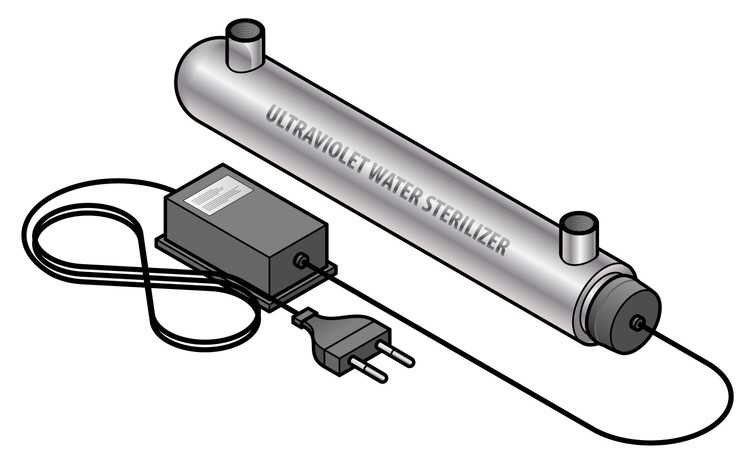
The Benefits of a UV System for Well Water and Municipal Water: Why UV Filtration is the Smart Choice
- February 24, 2025
- No Comments
For homeowners with private wells, one often overlooked aspect of water quality is its pH level. If the water is too acidic, it can lead to a variety of problems, from plumbing corrosion to compromised water safety.
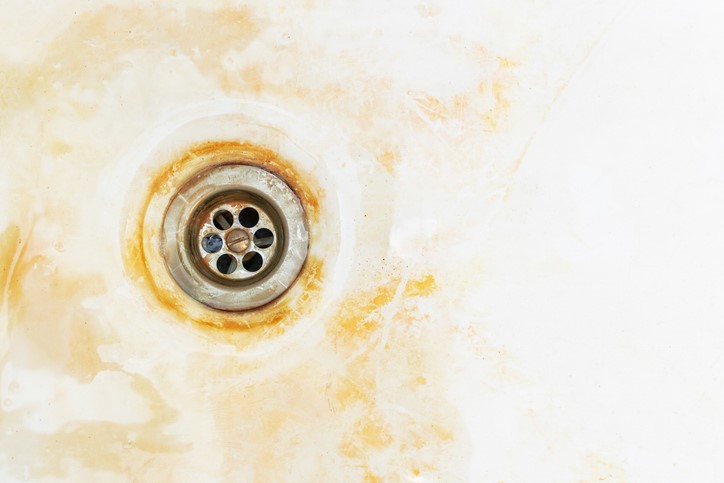
The Most Common Types of Iron in Well Water
- February 17, 2025
- No Comments
For homeowners with private wells, one often overlooked aspect of water quality is its pH level. If the water is too acidic, it can lead to a variety of problems, from plumbing corrosion to compromised water safety.

Why Installing an In-Home Filtration System in Charlotte, NC is Essential in 2025
- February 10, 2025
- No Comments
For homeowners with private wells, one often overlooked aspect of water quality is its pH level. If the water is too acidic, it can lead to a variety of problems, from plumbing corrosion to compromised water safety.

Benefits of Choosing Family-Owned Water Filtration Businesses Over National Franchises
- January 20, 2025
- No Comments
Choosing the right water filtration system for your home can be overwhelming with so many options available. From reverse osmosis systems that offer thorough purification, to carbon filters that improve taste and odor, each system has its unique benefits. UV systems are ideal for disinfecting water and eliminating harmful microorganisms, while water softeners help prevent scaling caused by hard water. To ensure you pick the best system for your needs, it’s essential to consider factors like water quality, contaminants, and your household size. For personalized advice and expert installation, working with a local independent dealer is your best option. They understand the specific needs of your area and can help you make an informed decision that ensures clean, safe, and great-tasting water for your home.

Understanding Different Water Filtration Systems: Which One is Right for You?
- January 13, 2025
- No Comments
Choosing the right water filtration system for your home can be overwhelming with so many options available. From reverse osmosis systems that offer thorough purification, to carbon filters that improve taste and odor, each system has its unique benefits. UV systems are ideal for disinfecting water and eliminating harmful microorganisms, while water softeners help prevent scaling caused by hard water. To ensure you pick the best system for your needs, it’s essential to consider factors like water quality, contaminants, and your household size. For personalized advice and expert installation, working with a local independent dealer is your best option. They understand the specific needs of your area and can help you make an informed decision that ensures clean, safe, and great-tasting water for your home.
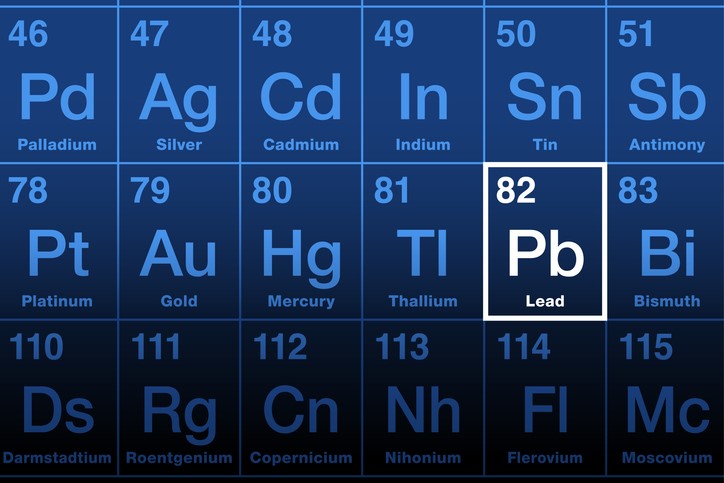
Lead in Drinking Water and Its Impact on Health
- January 6, 2025
- No Comments
Lead contamination in drinking water is a serious and often overlooked issue that can have far-reaching consequences on public health. While the presence of lead in water is a concern in many regions worldwide, it’s particularly alarming due to its potential long-term effects on children, adults, and even unborn babies. In this blog post, we will explore what lead in drinking water means, how it contaminates our water supplies, the risks it poses to health, and the steps we can take to prevent exposure.

The Importance of Hydration for Busy Moms: How Reverse Osmosis Water Makes Staying Healthy Easy
- December 29, 2024
- No Comments
As a busy mom, you’re constantly juggling responsibilities—making sure your kids are fed, helping with homework, keeping your home tidy, and maybe even managing a career or personal goals. It’s no wonder that something as simple as staying hydrated often takes a backseat. But here’s the truth: hydration is one of the easiest and most effective ways to help you achieve your health and fitness goals, especially when you automate your decisions to make it as effortless as possible.

A New Year’s Resolution for Your Family’s Health: Prioritizing Clean Water in 2025
- December 23, 2024
- No Comments
As the new year approaches, many of us are reflecting on the past and setting intentions for the future. We’re thinking about our health, the well-being of our families, and the environment we are leaving behind for the next generation. But there’s one issue we must urgently address as we turn the page on 2024: access to clean, safe water. If you’ve been living in an area where water contamination has been a concern, it’s more important than ever to make clean water a central part of your family’s goals in 2025.
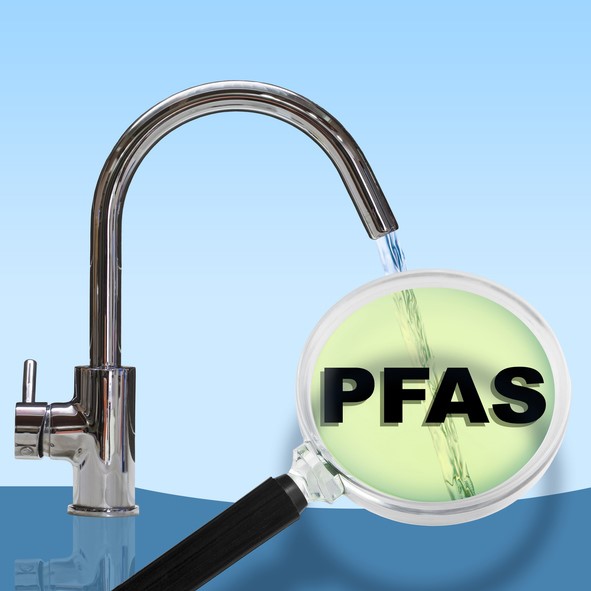
PFAS in Drinking Water: The Challenge in Charlotte and Lake Norman Area
- December 16, 2024
- No Comments
PFAS in Drinking Water: Challenges and Solutions in Charlotte and Lake Norman
PFAS (per- and polyfluoroalkyl substances) are a group of harmful chemicals found in drinking water across the United States, including the Charlotte and Lake Norman areas of North Carolina. These “forever chemicals” are highly persistent in the environment and human body, leading to potential health risks such as cancer, liver damage, and developmental issues. In response to growing concerns about PFAS contamination, North Carolina has introduced strict regulations, mandating municipalities to reduce PFAS levels in drinking water. However, cities like Charlotte face significant challenges in meeting compliance deadlines, including the high costs of upgrading water treatment infrastructure, limited access to advanced PFAS removal technologies, and the complexity of extensive water testing. This blog explores PFAS contamination in Charlotte and Lake Norman, the legislation surrounding PFAS removal, and the obstacles municipalities must overcome to ensure safe drinking water for residents.

Why Charlotte NC Water May Taste Different (or Bad).
- December 9, 2024
- No Comments
If you’ve recently moved to Charlotte, NC, you may have noticed that the tap water tastes different—or even unpleasant. This could be due to factors like the water’s source from Lake Norman and Mountain Island Lake, the use of chlorine and chloramine for disinfection, or the area’s naturally hard water. Seasonal changes and older plumbing systems can also affect the taste. Fortunately, with a little adjustment or a water filtration system, you can get used to Charlotte’s water or make it more palatable.

Why Automatic Backwashing Whole House Filters Are a Smart Alternative to Cartridge Filters
- December 2, 2024
- No Comments
Investing in a whole house water filtration system is a significant decision that can improve the quality of water throughout your home. Whether you’re concerned about contaminants, bad taste, or the impact of hard water on appliances, a whole house filtration system can be an excellent solution. However, there’s no one-size-fits-all when it comes to water filtration, so it’s crucial to carefully consider your specific needs and goals during a consultation.

Top 5 Things to Consider During a Consultation for a Whole House Water Filtration System
- November 11, 2024
- No Comments
Investing in a whole house water filtration system is a significant decision that can improve the quality of water throughout your home. Whether you’re concerned about contaminants, bad taste, or the impact of hard water on appliances, a whole house filtration system can be an excellent solution. However, there’s no one-size-fits-all when it comes to water filtration, so it’s crucial to carefully consider your specific needs and goals during a consultation.
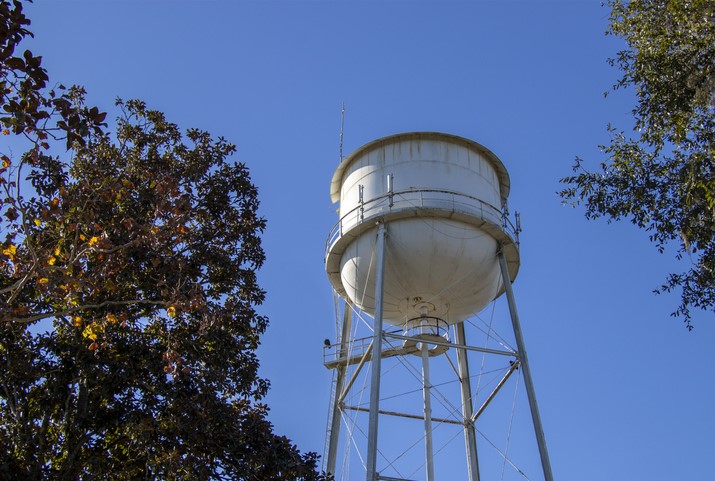
Safeguarding Our Water Supply: The Impact of Population Growth and Aging Infrastructure
- November 4, 2024
- No Comments
As urban populations grow and water infrastructure ages, the risks to public water supplies increase significantly. Aging treatment facilities and deteriorating distribution systems can lead to contaminants like lead entering our drinking water. This makes it essential to safeguard your home with a whole house filtration system. By investing in comprehensive water filtration, you can protect your family from harmful pollutants, improve water taste, and ensure a healthier home environment. Learn how a whole house filtration system can provide peace of mind in an era of increasing water quality concerns.

Identifying the Causes of Stains and Odors from Your Home’s Water
- October 28, 2024
- No Comments
Stains and odors from your home’s water can be more than just an aesthetic issue—they can indicate underlying problems that may affect your health and home. Regular testing and maintenance can help you identify the source of these issues and take appropriate action. If you’re ever unsure, don’t hesitate to consult with a water treatment professional who can provide tailored solutions for your specific situation. Taking proactive steps can ensure that your water remains clean, safe, and odor-free, enhancing your home environment significantly.

Why Consulting a Water Treatment Expert Beats a Plumber for Your Water Quality Needs
- October 7, 2024
- No Comments
When it comes to ensuring clean and safe water for your home or business, many people think of calling a plumber. While plumbers are undoubtedly skilled in various aspects of plumbing, consulting a water treatment expert can provide far more specialized knowledge and equipment tailored to your water quality concerns. Here’s why seeking the help of a water treatment professional is your best bet.

The Hidden Dangers of Coal Ash: Safeguarding Mooresville’s Water Quality
- October 1, 2024
- No Comments
Nestled in the heart of North Carolina, Mooresville is celebrated for its picturesque landscapes, friendly community, and thriving local economy. However, beneath this charm lies a pressing concern that could affect the health of its residents: coal ash contamination. As the community seeks to safeguard its water supply, understanding the dangers of coal ash and the importance of effective water filtration becomes crucial.
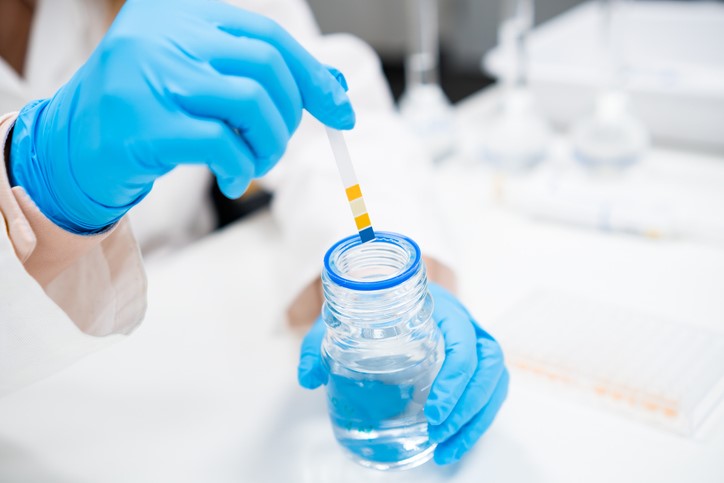
Why Testing Well Water for Coliform and E. coli Bacteria is Crucial for Homeowners
- September 23, 2024
- No Comments
When it comes to ensuring your home has clean, pure water, the choice of where you purchase your water filtration products can make a significant difference. While national franchise companies offer convenience and brand recognition, local companies often provide distinct advantages that can enhance your overall experience. Here’s why opting for a local business for your water filtration needs might be the best decision you can make.

The Clear Choice: Why Buying Water Filtration Products from a Local Company Beats National Franchises
- September 16, 2024
- No Comments
When it comes to ensuring your home has clean, pure water, the choice of where you purchase your water filtration products can make a significant difference. While national franchise companies offer convenience and brand recognition, local companies often provide distinct advantages that can enhance your overall experience. Here’s why opting for a local business for your water filtration needs might be the best decision you can make.

The Hidden Impact: How Charlotte NC Municipal Water Affects Your Skin
- September 2, 2024
- No Comments
When considering a move to a new city, there are many factors to weigh—cost of living, job opportunities, and lifestyle, to name a few. However, one often-overlooked aspect is the quality of municipal water and its potential effects on your health, particularly your skin. In Charlotte, NC, like in many urban areas, the municipal water supply can have specific characteristics that might affect your skin in ways you may not anticipate. Understanding these effects can help you make informed decisions and take appropriate actions to protect your largest organ: your skin.

The Vital Importance of Clean Drinking Water for Infants, Children, and Older Americans
- August 26, 2024
- No Comments
In the tapestry of public health, few threads are as vital as the provision of clean drinking water. This fundamental resource is crucial for all age groups, but its significance becomes even more pronounced when we consider its impact on infants, children, and older Americans. These groups are particularly vulnerable to the adverse effects of contaminants that can pervade our drinking water supply.

Boosting Your Home’s Value: The Impact of a Water Filtration System
- August 19, 2024
- No Comments
When it comes to enhancing a home’s market value and attracting potential buyers, it’s often the thoughtful, practical upgrades that make a significant impact. One such upgrade that’s increasingly catching the eye of homebuyers is a water filtration system. Beyond the immediate benefits of clean, great-tasting water, installing a water filtration system can elevate your home’s value and signal to buyers that you’ve taken exceptional care of your property.

The Power of Proper Hydration: Why Drinking Water is Key to Your Health
- August 12, 2024
- No Comments
In the hustle and bustle of daily life, we often overlook one of the simplest and most vital aspects of our health: proper hydration. It’s easy to dismiss water as just a basic need, but staying hydrated is fundamental to maintaining overall health and well-being. From enhancing physical performance to improving cognitive function, proper hydration plays a crucial role in every facet of our lives. Let’s dive into the myriad benefits of staying properly hydrated and how you can ensure you’re drinking enough water to reap these rewards

Choosing the Right Carbon for Whole House Filtration: Granular Activated Carbon vs. Catalytic Carbon
- August 7, 2024
- No Comments
When it comes to ensuring clean, safe, and great-tasting water throughout your home, choosing the right type of carbon for your whole house filtration system is crucial. Two popular options—granular activated carbon (GAC) and catalytic carbon—each have distinct properties and applications. Understanding the differences between these two types of carbon can help you make an informed decision about which one best meets your filtration needs.

Clear Waters Ahead: Key Considerations for Homeowners Choosing a Professional Water Filtration Company
- July 29, 2024
- No Comments
In the pursuit of healthy living, many homeowners are turning to professional water filtration systems to ensure the purity and safety of their drinking water. With an array of options available, navigating the waters of water filtration can be daunting. From water softeners to reverse osmosis systems, the choices seem endless. So, what should homeowners consider when deciding to make a purchase with a professional water filtration company? Let’s dive in.

Understanding Water Quality: A Crucial Guide for Real Estate Professionals
- July 22, 2024
- No Comments
In the realm of real estate transactions, ensuring water quality is often overlooked despite its critical importance to both the health of homeowners and the integrity of property investments. As real estate agents and brokers, being well-versed in water quality issues can significantly enhance your ability to assist homebuyers and safeguard against potential pitfalls. Here’s what you need to know to navigate this vital aspect of property transactions effectively.

The Importance of Local Expertise When Choosing Home Water Filtration Solutions
- July 15, 2024
- No Comments
In today’s world, ensuring the quality of our drinking water is more critical than ever. With concerns about contaminants and pollutants on the rise, many homeowners are turning to water filtration systems to safeguard their health. While it might be tempting to purchase a filtration system online or through a distant supplier, there are significant advantages to working with a local water quality professional

Top Reasons to install a Whole House Filtration System in Your Home
- July 8, 2024
- No Comments
Ensuring clean, safe water in your home is not just a luxury—it’s a necessity. A whole house filtration system offers a comprehensive solution to enhance the quality of water throughout your entire household.